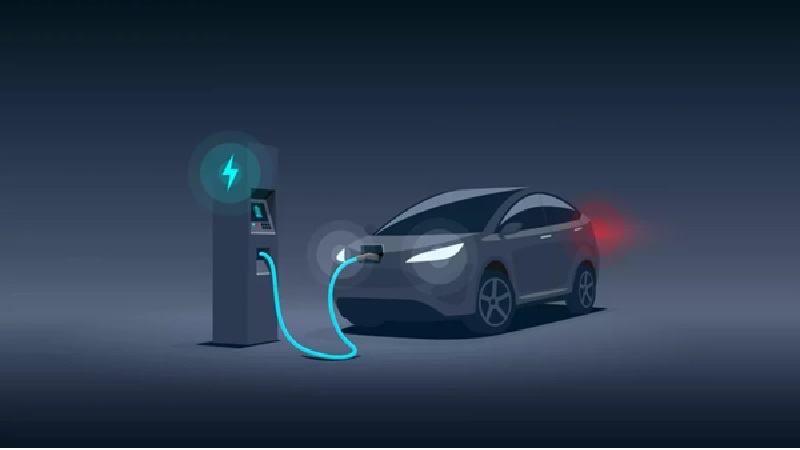DHAKA, Oct 13, 2025: The government plans to make at least 30 percent of all vehicles used by government, semi-government, autonomous and corporate bodies electric by 2030, under the proposed National Electric Vehicle (EV) Policy 2025.
The draft policy, led by the Ministry of Industries, outlines a roadmap to reduce transport-sector emissions, cut fossil fuel dependence, and promote cleaner mobility. Officials from different ministries, industry representatives, and experts discussed the draft at a meeting held at the ministry on Saturday.
According to sources, no final decision was made regarding several issues raised at the meeting.
To encourage the use of electric vehicles, the draft policy proposes financial incentives such as up to 60% bank financing for new EV purchases, repayable over eight years. Customs duty on fully built EVs could be cut to 5%, while bonded warehouse facilities will be extended to local manufacturers to support exports.
Other benefits include a 50% reduction in registration fees and full exemption from advance income tax (AIT) on registration, tax tokens, and fitness certificates until 2030. The draft also suggests incentives for scrapping old fossil fuel cars and developing a nationwide EV charging network under the EV Charging Guideline 2022, with solar-powered stations in both urban and rural areas.
To ensure implementation, the draft calls for setting up an Electric Vehicle Industry Development Council, chaired by the Industries Adviser, with 32 members.
It also recommends setting lifetime limits for fuel-based vehicles, formalising unregistered e-rickshaws and easy bikes, and introducing EV technology in technical education. Manufacturers must meet international safety and performance standards, while battery recycling and disposal will be regulated under the Department of Environment.
The policy also aims to boost local innovation, R&D, and job creation, attracting both domestic and foreign investment.
However, stakeholders raised concerns about the current version. Mir Masud Kabir, Managing Director of Bangladesh Auto Industries Ltd, said several sections were included directly from the Cabinet Division without revisions. He criticised the proposed customs duty cut from 25% to 5% on finished EVs, saying it would hurt local manufacturing.
“If battery imports are taxed at just 1%, why would anyone invest in local production?” he said, urging for direct consumer incentives similar to those in India, China, and the US.
Kabir also pointed out unclear definitions of “manufacturer” and “assembler,” warning that such vagueness could discourage investment. “If we want zero carbon, we must also aim for zero unemployment. Imports alone will not build an industry,” he said.
Rashidul Hassan, Additional Secretary at the Ministry of Industries, acknowledged that the draft is still under revision and that feedback from the Cabinet Division and industry bodies will be considered before final approval.
“The government wants to protect local industries, but domestic capacity is not yet enough to meet expected EV demand,” he said. “The policy will be revised based on stakeholder input before being sent to the Ministry of Law and the Cabinet for final approval.”




